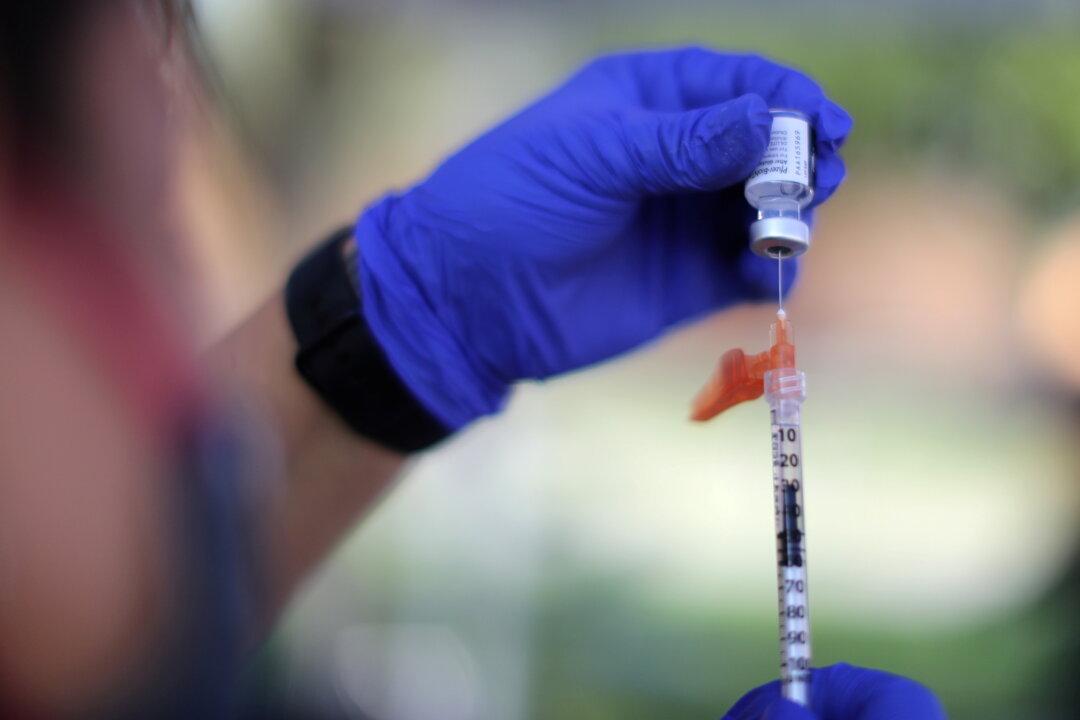The head of BioNTech, which along with Pfizer developed one of the most common COVID-19 vaccines in the world, said that new vaccines might be necessary by 2022 to combat the “next generation” of COVID-19 variants.
BioNTech Chief Executive Officer Ugur Sahin told the Financial Times that the new strains of the CCP (Chinese Communist Party) virus, which causes COVID-19, will likely be able to evade vaccines.





